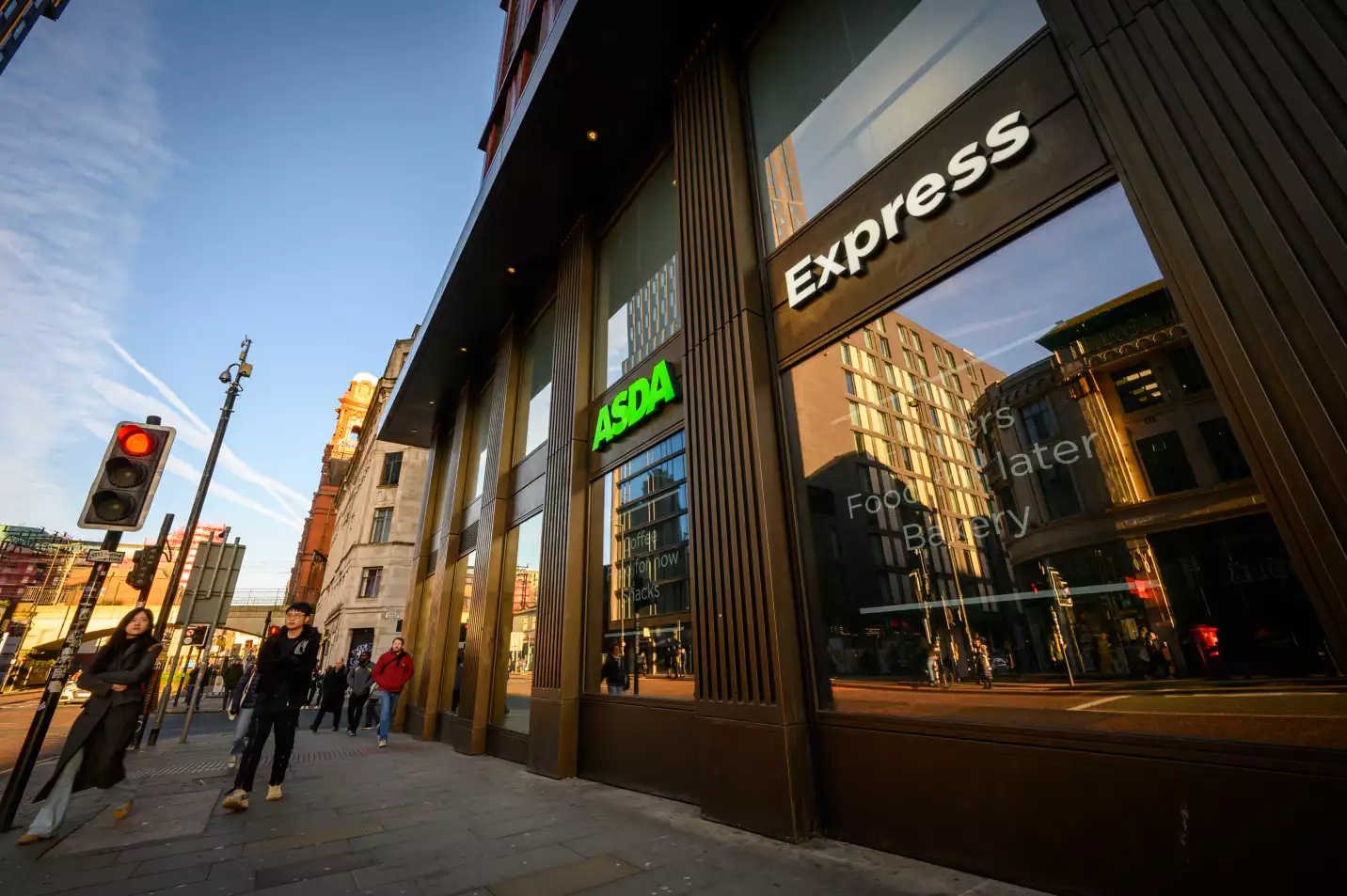The British Retail Consortium (BRC) has urged the UK’s political parties to include reform of the “broken” Apprenticeship Levy in their manifestos during the run up to a general election.
Co-op, Currys, Marks & Spencer (M&S) and The Estée Lauder Companies have also backed the association's call for changes to the initiative.
As the start of National Apprenticeship Week kicks off, the BRC said that changing the levy would enable retailers to better upskill their workforces and increase productivity, adding that "simple fixes" would allow them to offer 12,000 more apprenticeships largely based in deprived areas.
The organisation says that while 40 to 50 per cent of the existing retail workforce needs upskilling for new, better paid jobs, retailers currently can't draw on much of their levy funds to pay for vital training.
Paula Coughlan, chief people, comms and sustainability officer at Currys said that due to the "inflexibility" of the system, the retailer is only able to use less than half of the available funds.
"One of the key barriers is the current insistence on 12-month courses which is ill-suited for today’s workforce," she explained.
Under the existing levy, retailers are unable to use the money to fund any courses that are shorter than one year.
The BRC warns that because of the levy's "use it or lose it system", over £130 million of potential retail investment into the UK labour market is currently going to waste.
Claire Costello, chief people and inclusion officer at Co-op said that the Levy had failed to deliver the opportunities necessary to promote social mobility across the UK.
Sarah Findlater, HR director at M&S, agreed that the government fund is "too difficult to access".
"This National Apprenticeship Week, we’re calling on Jeremy Hunt to reform the Levy and make it more flexible and simpler for employers to access this fund so we can create even more apprenticeships and valuable career development opportunities," she continued.
Latest News
-
Tesco makes ‘significant strides’ on safety through body worn cameras
-
Flying Tiger Copenhagen appoints new group chief executive
-
Walgreens cuts over 600 jobs after buyout
-
Mango opens first store in Limerick as part of expansion plan
-
eBay and Etsy to buy Depop for $1.2bn
-
REWE opens automated fresh food facility to serve Berlin outlets
Beyond Channels: Redefining retail with Unified Commerce
This Retail Systems fireside chat with Nikki Baird, Vice President, Strategy & Product at Aptos will explore how unified commerce strategies enable retailers to tear down these barriers and unlock new levels of operational agility and customer satisfaction.
The future of self-checkout: Building a system that works for consumers and retailers
In this webinar, industry leaders discussed what the future of self-checkout looks like and how retailers can make the technology work for everyone.
© 2024 Perspective Publishing Privacy & Cookies









Recent Stories